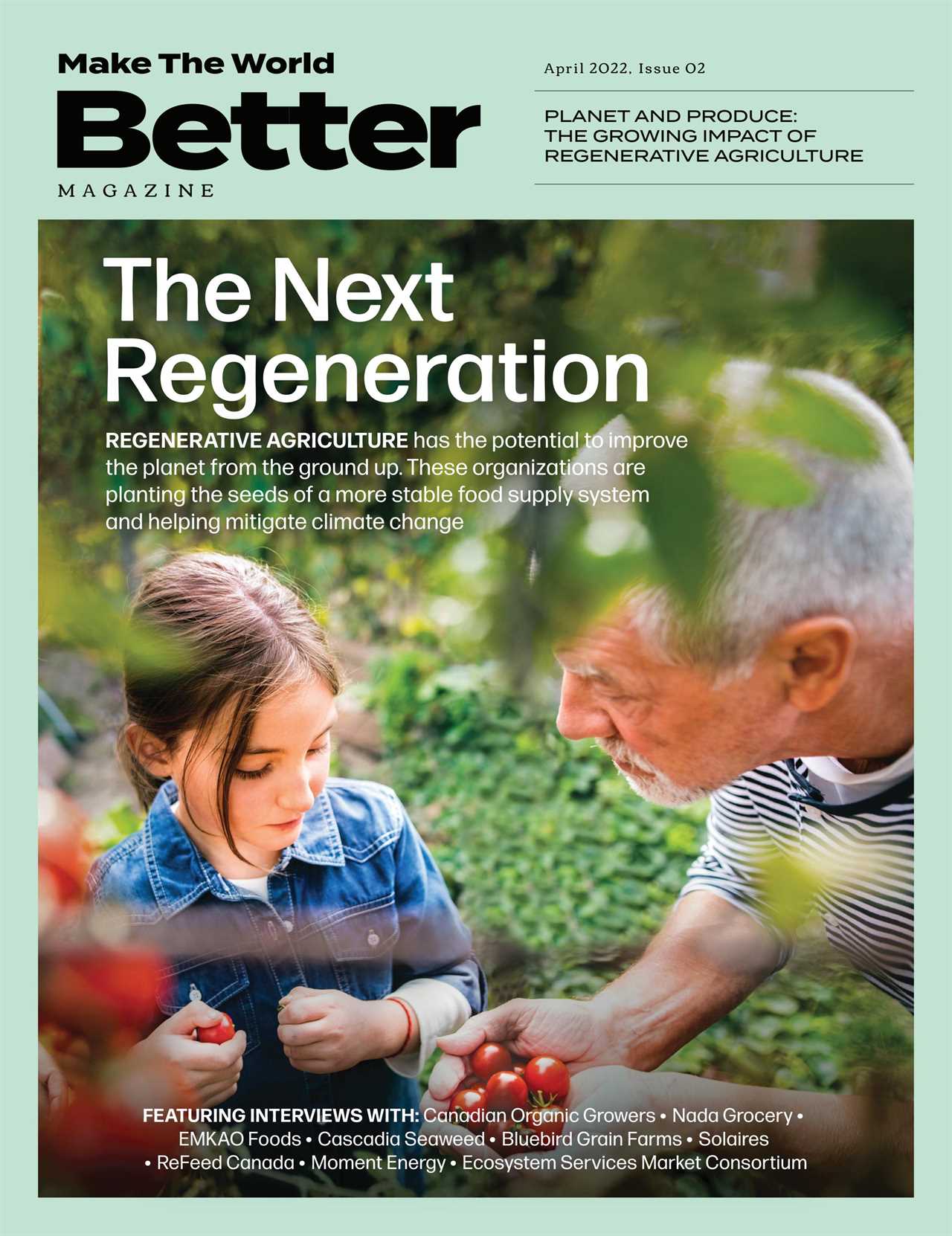
The impact of organic foods on the global food system is a complex issue that requires careful consideration. It depends on a variety of factors, including the region where the food is produced.
In addition, how the food is grown or raised also affects its environmental and health effects. For example, organic farming uses fewer chemicals, which reduces the amount of pesticide residue in the food you eat.
Impact on the Environment
People are increasingly concerned about the environmental impact of their dietary choices. This is reflected in the growing popularity of organic foods.
A growing number of consumers are also willing to pay a premium for organic products. This is driven by a combination of consumer demand and a growing awareness of the negative environmental impacts associated with conventional food production methods.
One of the most significant ways in which organic agriculture affects the environment is by reducing the use of synthetic fertilizers and pesticides. These substances are toxic to the ecosystem and have lasting effects on the soil, air and water.
Using natural fertilisers such as green manures, animal manures and 'cover crops' fixes the nutrients that are needed by plants and helps conserve water. This method of farming can help reduce energy consumption as well, which is a major concern in the context of climate change.
The use of these natural fertilizers also helps to increase biodiversity. Increasing diversity allows a greater range of plants and animals to thrive and provides habitat for other wildlife.
Impact on Human Health
Organic farming is based on agroecological principles, including avoiding synthetic pesticides and artificial fertilisers. Farmers are also free to use natural means of promoting soil health and reducing soil erosion, such as composting or mulching.
A number of studies show that the nutritional composition of organic and conventional foods is similar. There is, however, a higher content of phenolic compounds and lower cadmium levels in organic crops.
Moreover, organic dairy and meat products have a significantly higher content of omega-3 fatty acids, although the difference in nutritional significance is probably marginal.
In addition, the use of antibiotics is lower in organic agriculture compared to conventional production, and there are indications that antibiotic resistance in bacteria is less intensive. This may contribute to the overall reduction in public health risks.
Impact on Animal Welfare
Organic farming is widely considered a more sustainable way to grow food. It focuses on avoiding synthetic pesticides and fertilizers, building up natural resistance in the crops, and growing different root systems that help prevent soil erosion.
In addition, organic agriculture increases the amount of carbon in the soil, which helps reduce greenhouse gas emissions. It also improves the soil's nutrient content, which promotes plant growth and increases yields.
In addition, supporting sustainable agriculture practices through organic farming can have a positive impact on animal welfare. For example, farmers use rotational grazing methods to ensure the land is able to recover from over-grazing and recoup its nutrients.
Impact on the Economy
Organic foods have the potential to significantly impact the global food system. By supporting sustainable agriculture practices through organic farming, we can help meet the world’s growing food needs while also ensuring sustainability in the long run.
Unlike conventional farming systems, organic agriculture does not use synthetic fertilizers and pesticides. Instead, it promotes natural and climate-adapted crops and animals that are better suited to local conditions.
Additionally, organic farms produce more biodiversity than other farming systems. This is because they attract and nurture wild flora and fauna as well as beneficial insects.
This increase in biodiversity helps reduce the need for chemical inputs, which can pollute the water and cause a variety of other environmental problems. It can also help counteract climate change.
Frequently Asked Questions
How can you tell whether food is organic?
Fresh ingredients are what chefs value the most. It's because we feel better when food is well-prepared.
The same applies to our food. Organics are traceable back to the source and provenance of their products. We also know that it wasn't treated with harmful chemicals.
Organic foods are produced without using synthetic pesticides, fertilizers, hormones, antibiotics, or genetically modified organisms (GMO). These substances are not permitted to organic farmers.
However, organic farming is not an easy task. You have many options to safely grow them.
Sometimes, organic farming is called sustainable agriculture. It is a less resource-intensive alternative to conventional farming, but still provides enough nutrients to sustain life.
Crop rotation, crop rotation, cover cropping and composting manure are all organic farming methods. These practices help to prevent soil erosion and improve water purity.
They also reduce chemical pollution of waterways. Since most of us live in urban areas, we can find local farms that raise organic produce.
Two types of certification programs are available for organic products. One is certified under the USDA National Organic Program. The other is certified independently by certifying authorities. Both require strict organic standards to be adhered to.
USDA seals or O Seals can be applied to organic products. This symbol indicates that the product meets federal requirements.
Is organic a guarantee that the product is pesticide-free
Organic food is naturally chemical-free and grows without pesticides. This means there is little or no exposure to chemicals such as fertilizers and herbicides.
Because it is free from harmful additives, organic produce has higher nutritional value than conventionally produced food.
Farmers must follow strict guidelines to grow organic crops under the USDA National Organic Program (NOP).
These guidelines include soil preparation and crop rotation, pest management, water conservation, as well as harvesting practices.
Organic farming also promotes healthy ecosystems which are beneficial to wildlife and natural habitats.
Why should you buy organic?
There have been many health problems linked to conventional farming, including allergies, asthma, diabetes, obesity, cancer, birth defects and hormone imbalances. Healthy choices must be made when purchasing food.
The Environmental Working Group (EWG) offers the following tips on how to pick "cleaner" food:
When possible, buy organic fruits and veggies
Look for USDA organic labels on meat, poultry, eggs, milk, cheese, yogurt, butter, and honey.
Avoid processed foods that are labeled "natural" or "no added ingredients."
Be sure to read all ingredient labels. If an ingredient isn't listed, it may be added during processing.
Choose fresh meats over frozen or canned ones. Foods that are frozen or canned often have less nutritionally-rich ingredients, such as high fructosecorn syrup.
Why is organic food important?
Organic produce is important for our health. It's the best way to ensure we eat nutritious foods. It's not only better for us but also it's more sustainable as it doesn't rely upon pesticides and fertilers.
Organic farming is a natural method of growing crops that uses no harmful chemicals. This makes organic farming safer for both humans and animals. By choosing organic food, you are protecting the planet as well as yourself.
However, organic food is good for our health. We all know how unhealthy processed foods can make us feel. Did you know that organic fruits and veggies aren't subject to chemical spray? It means that organic fruits and vegetables taste better, last longer, and are brighter.
Organic food is so important. Because it's not only healthy for you, it's healthier for the world.
What's the difference?
Organic food is free from pesticides, chemical fertilizers and sewage sludge. It can also be grown without irradiation or genetic modification. Organic farming practices contribute to soil health, water purity, and animal welfare.
Inorganic foods are produced using chemical fertilizers, pesticides, and sewage effluent. Irradiated foods are treated with radiation; genetically modified organisms (GMO) are created through biological engineering techniques.
"Natural" is sometimes used interchangeably in the context of "organic." However, natural does not necessarily mean organic. There are also products labelled "natural" which may contain synthetic ingredients.
Organic produce is more nutritious than traditional produce due to the fact that it contains less harmful chemicals and pesticides. Organic farmers do not use pesticides, artificial fertilizers, hormones, anti-biotics, and other harmful chemicals.
Statistics
- Nutrients like omega-3 fatty acids were up to 50 percent higher in organic meats and milk than in conventionally raised products.[3] (en.wikipedia.org)
- Brands participating in this challenge are committed to using 100 percent sustainable cotton by 2025.[5] (en.wikipedia.org)
- Cosmetic brands such as Laurel and Rose Mira are 100 percent organic and have a wide array of skincare products. (en.wikipedia.org)
- To provide the highest quality products and services to every customer, with a dedicated workforce that puts the customer first and takes the extra step to achieve 100% customer satisfaction and loyalty. (hollinsorganic.com)
External Links
ewg.org
usda.gov
ncbi.nlm.nih.gov
- PubMed Assessment of the micronutrient compositions of plant foods from conventional and organic agriculture methods.
- Comparison of the total phenolic and ascorbic acid content of freeze-dried and air-dried marionberry, strawberry, and corn grown using conventional, organic, and sustainable agricultural practices - PubMed
doi.org
- Occupational Pesticide Exposures and Cancer Risk: A Review: Journal of Toxicology and Environmental Health, Part B: Vol 15, No 4
- Genetically modified foods: Safety, Risks and Public Concerns - A Review - Journal of Food Science and Technology
How To
Are there downsides to buying organic products?
Organic food offers many benefits. There are however some downsides. These include higher consumer price, lower quality standards, fewer options, and fewer choice.
There's nothing wrong with wanting more variety when it comes to groceries. We have been trained to expect inferior food that tastes bad. It's because most grocery stores carry identical prepackaged food.
Organic food is becoming more popular today because it provides better nutrition and great tasting food. How do you convince people that it is worth the extra effort?
They could easily tell you that organic food costs more. Organic food tastes better, but that doesn't make it any less expensive. It could even make them suspicious of you motives.
Instead, you should highlight its many benefits. Organic food is more nutritious and has fewer pesticides or antibiotics. Organic food is healthier for you and your environment because it doesn't contain synthetic fertilizers or herbicides.
Organic food is often avoided because it's too costly. If they take into account the health benefits, however, they might decide that spending a few extra dollars per week is worthwhile.
Organic food tastes better as it's manufactured under strict guidelines that avoid contamination. It tends also to retain more vitamins and minerals.
Organic food is also tastier because it's picked later in the season. This makes organic food fresher and easier for you to digest.
Organic food is typically cheaper, because organic farming requires less labour and fertilizer.
Resources:
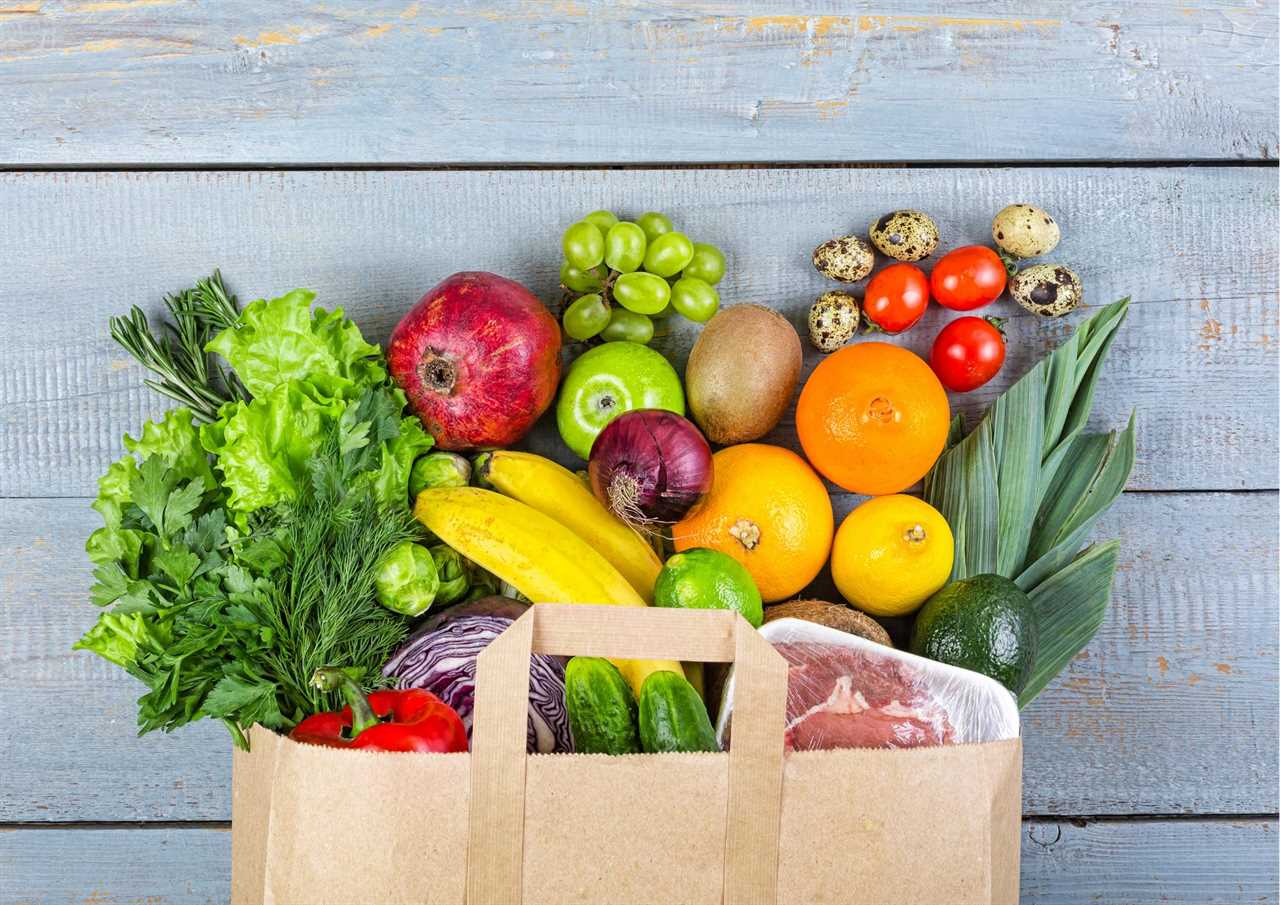 |
Health benefits of eating organic?A review in The Annals of Internal Medicine failed to find strong evidence that organic foods are significantly more nutritious than conventional foods. Lisa |
 |
The Benefits of Crop RotationCrop rotation is a way to grow multiple types of crops in the same space. This is done in an effort to diversify the ecosystem, reduce pest and weed.. |
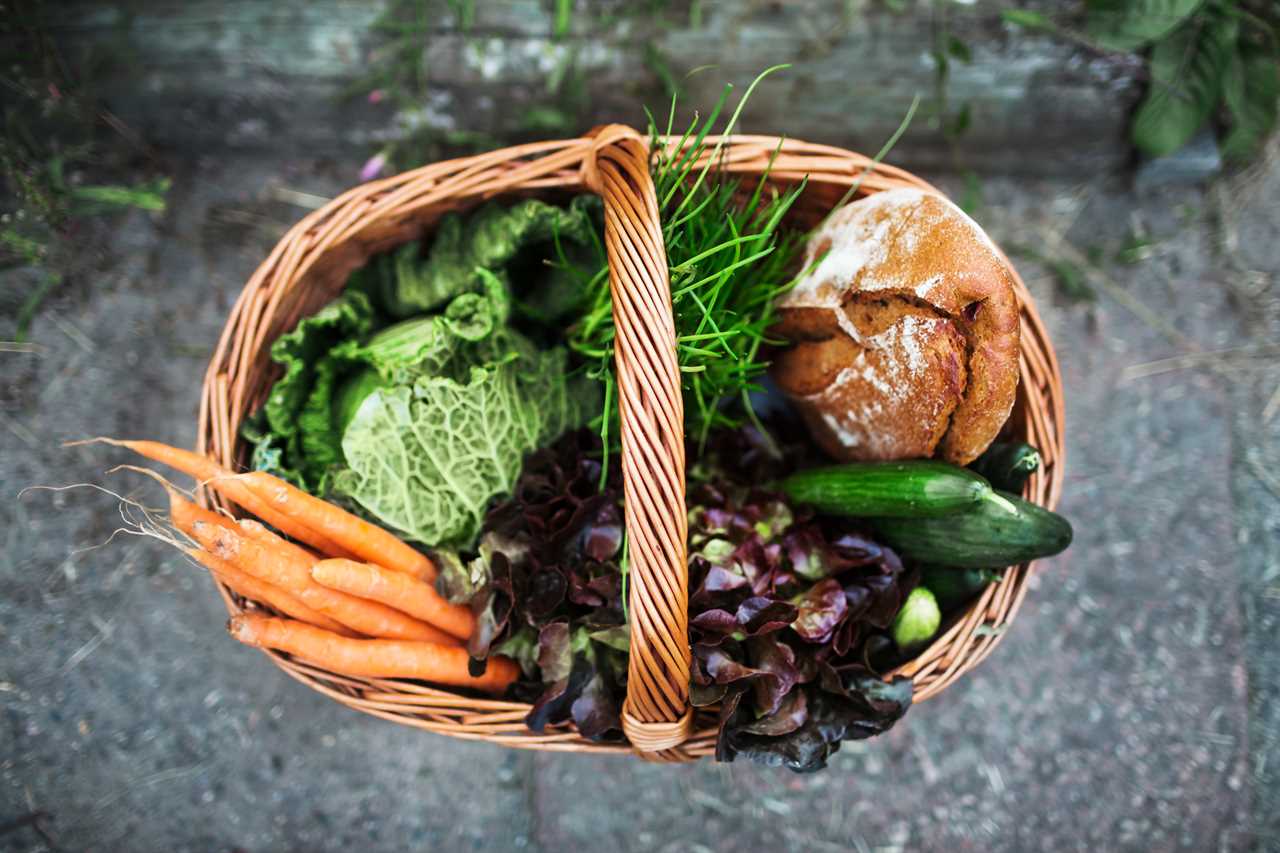 |
Do I Need To Eat 100 % Organic Food? – Dr. BergFor more info on health-related topics, go here: https://bit.ly/2YI8NLc Take Dr. Berg's Free Keto Mini-Course: http://pxlme.me/-i717vtY […] |
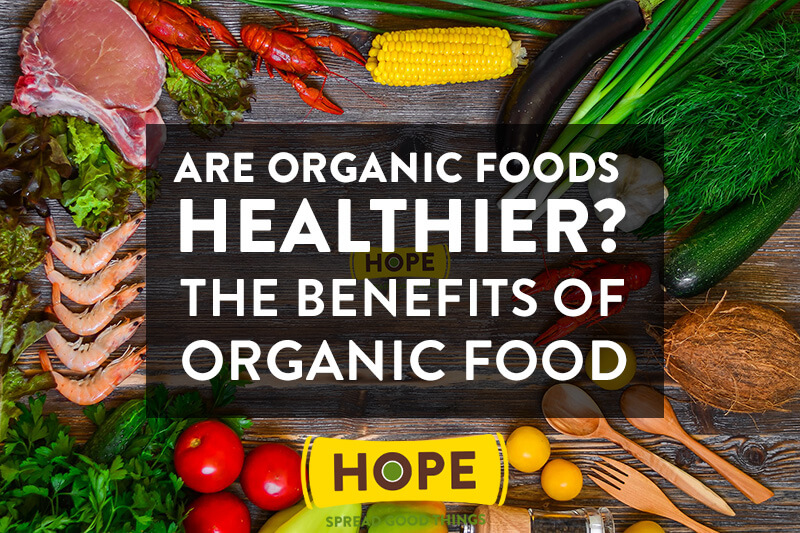 |
The Importance of Soil Conservation in Meeting the Sustainable Development GoalsSoil conservation is important for maintaining the soil's health and resilience. The microbial and faunal communities in the soil are impacted by.. |
 |
Benefits of Organic FarmingOrganic farming is one of the best ways to help protect the environment. It can also provide a number of benefits for your farm, including increased.. |
 |
Is `organic` food actually healthier for you?Dr. Marc talks about organic food. |
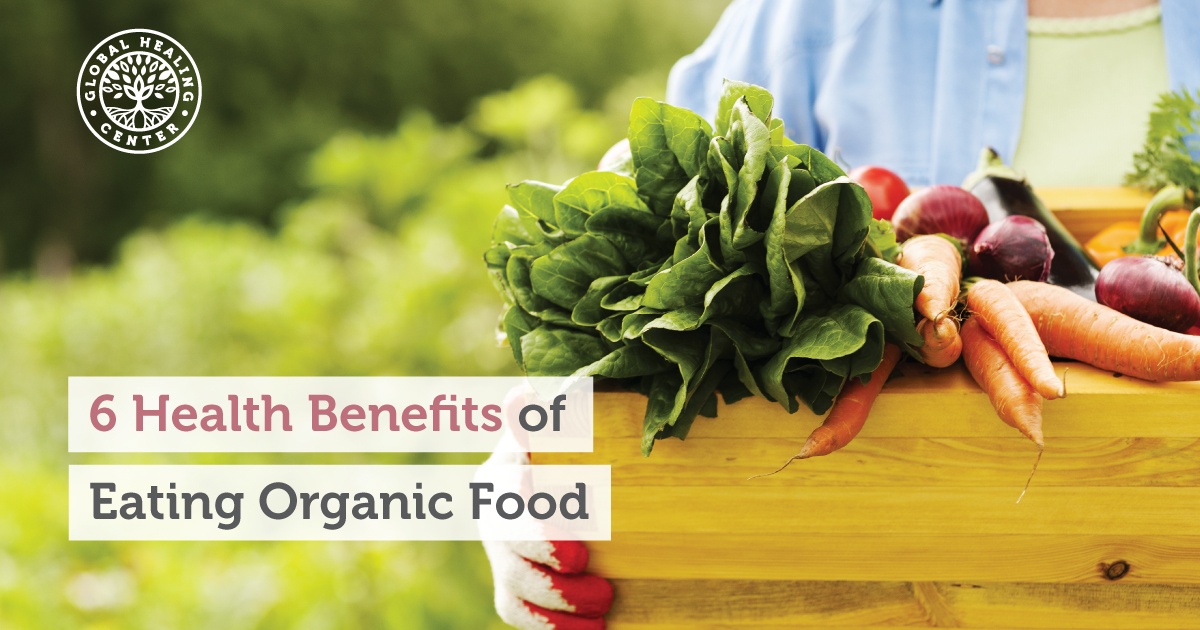 |
Organic Farming MagazineOrganic farming magazine is a resource that provides you with the latest information on organic agriculture, health, and sustainability. It also.. |
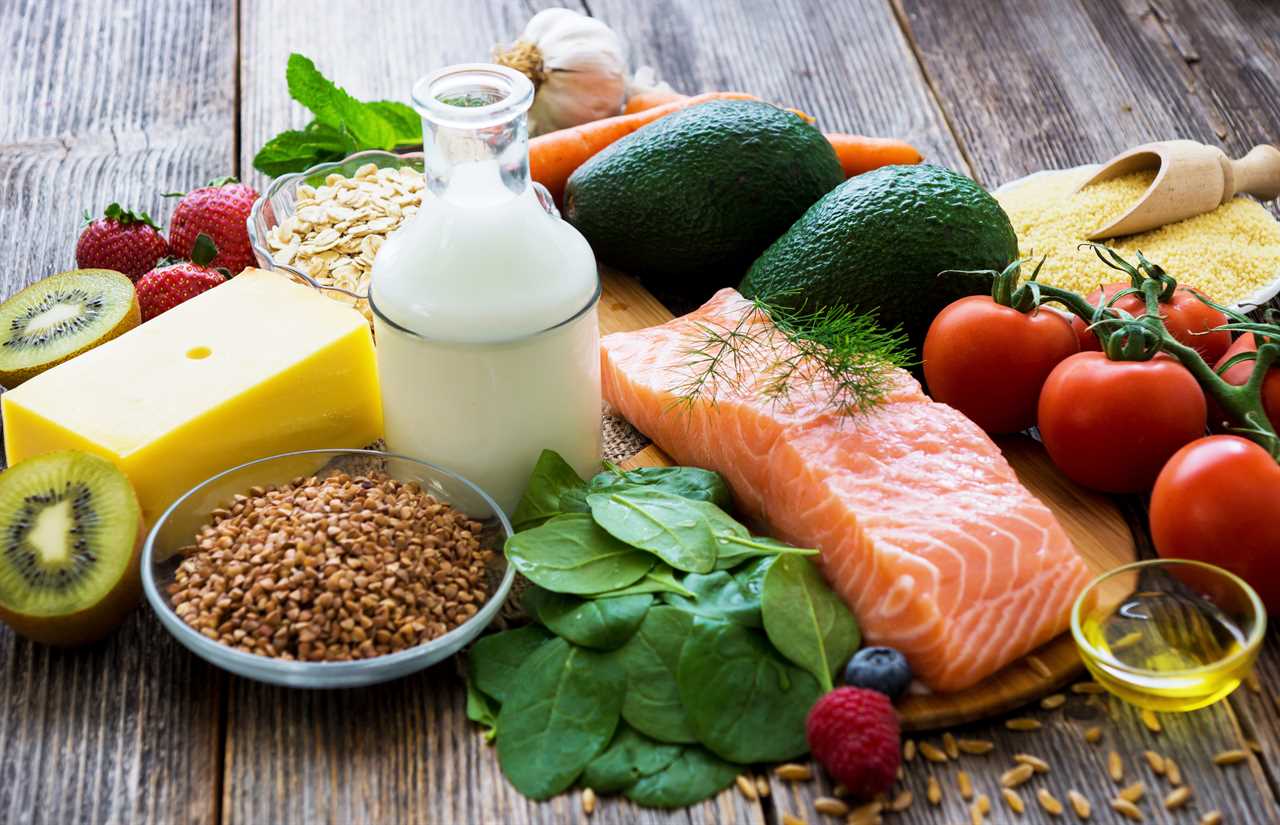 |
Is Organic Food Really Worth It?The organic food industry is a booming business. U.S. organic sales surged in 2020, jumping by 12.4% to $61.9 billion. With consumers being more health |
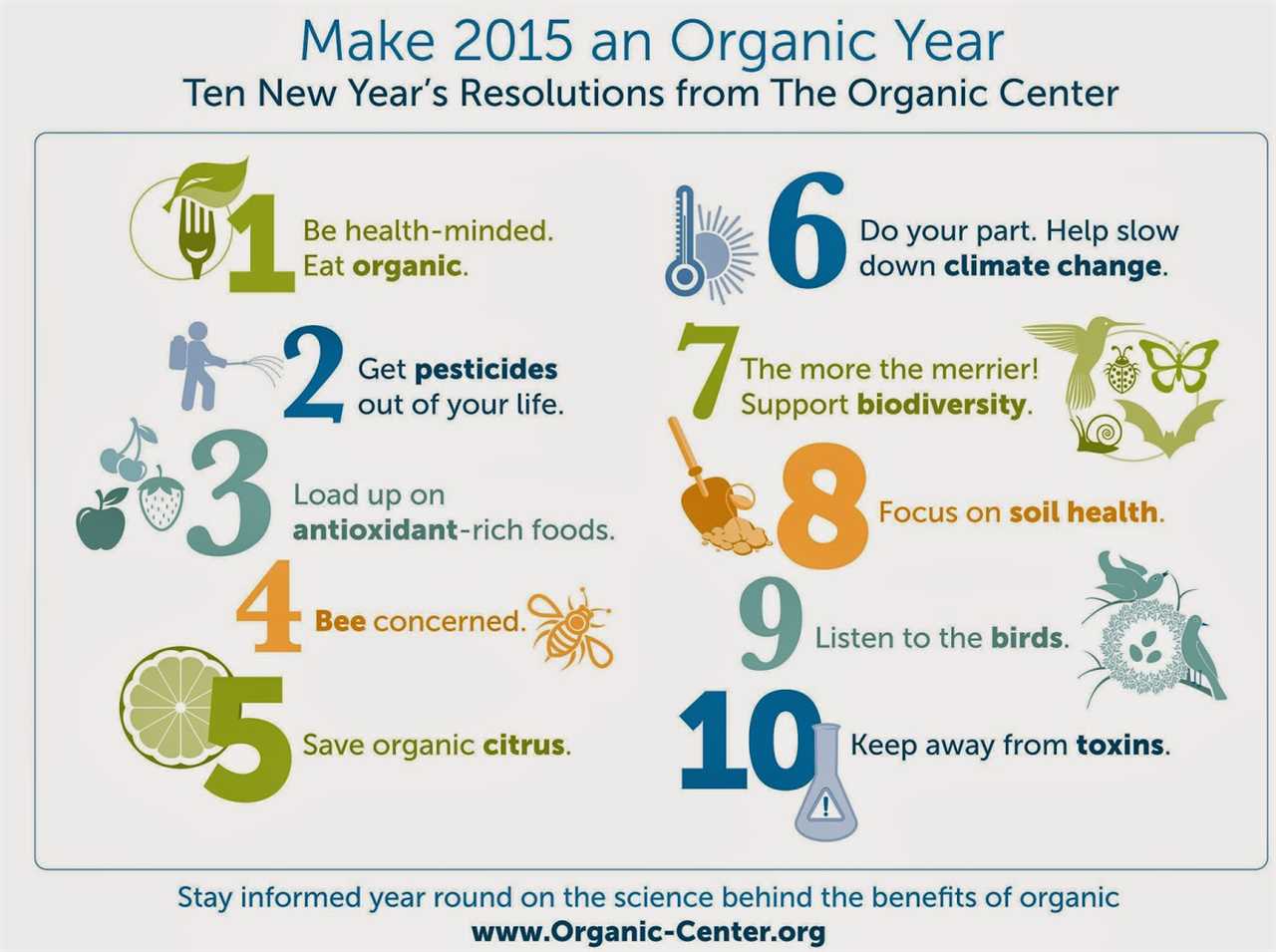 |
The Difference Between Organic Milk and Regular MilkOrganic milk is a type of milk that comes from livestock that is raised according to organic farming methods. This is a term that is regulated by.. |
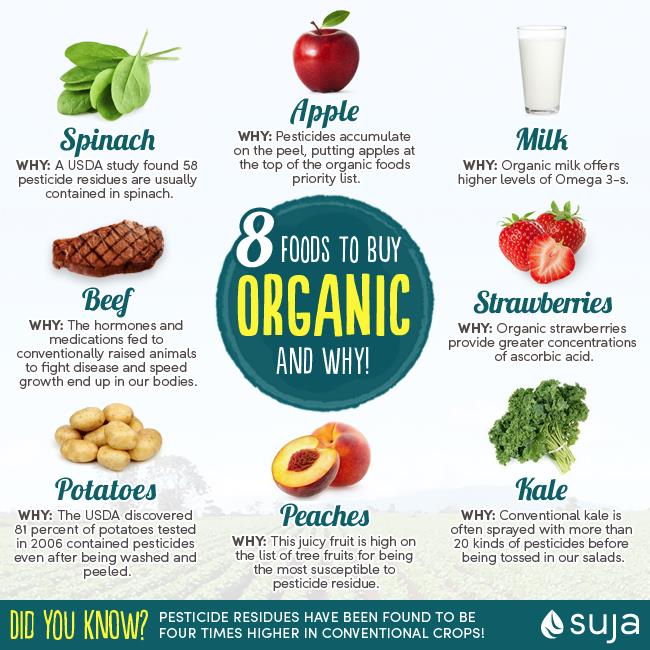 |
The Benefits of CompostingComposting your waste can be a very effective way of ensuring that your organic material is being broken down to the best of its ability. When.. |
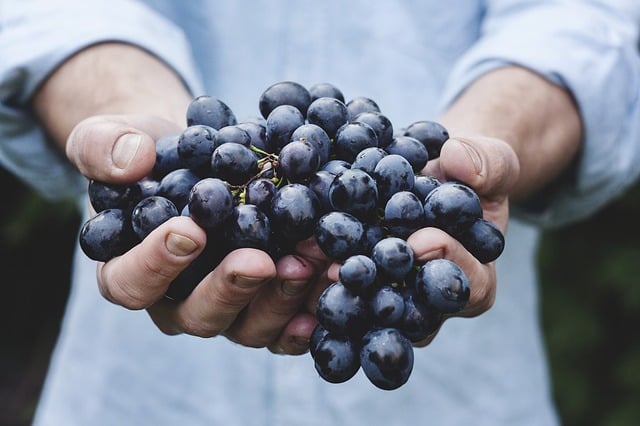 |
Is Organic Farming Beneficial to Biodiversity?Organic farming is a growing interest in the scientific community, and researchers have been investigating whether the practice is beneficial to.. |
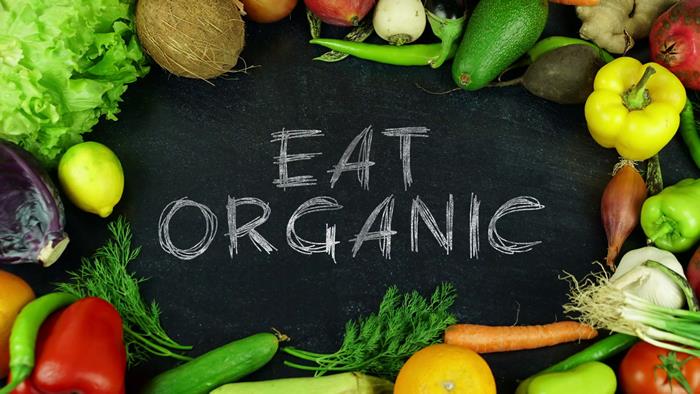 |
Organic eatingOrganic Cultur |
 |
What is Organic Cotton?Organic cotton is the type of cotton that is grown without using pesticides or chemicals. It is also the type of cotton that is grown in subtropical.. |
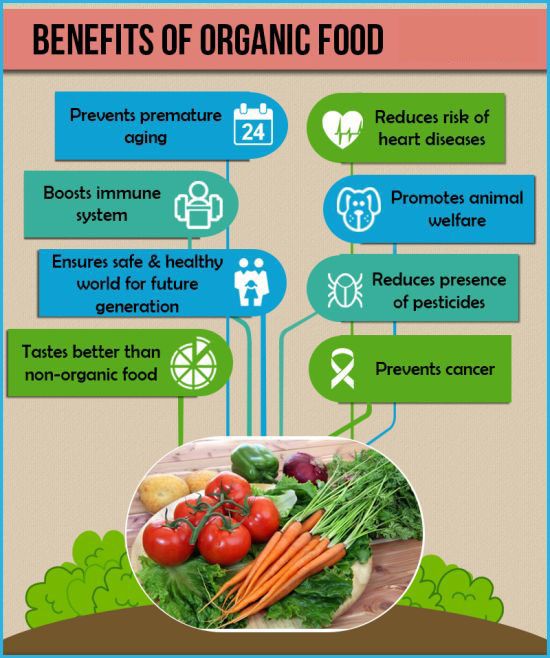 |
Benefits of Cover CropsIf you aren't familiar with cover crops, you may be surprised to learn that they are plants that are planted to grow on top of the soil to help.. |
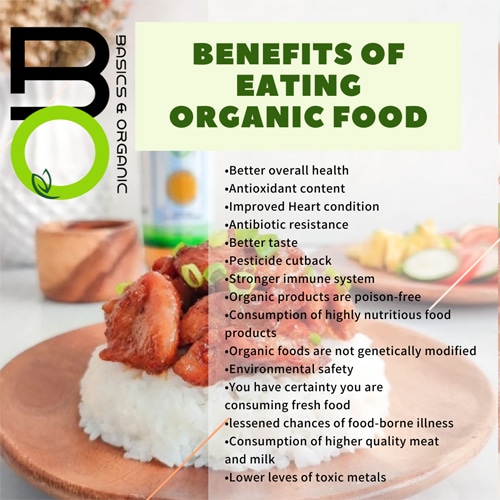 |
Learn How to Become an Organic Farmer Through a Training ProgramIf you are looking to become an organic farmer, there are several ways you can do so. One option is to take a training program that will teach you.. |
 |
Exotic VegetablesWhen it comes to vegetables, there are plenty of choices to choose from. Some of the most popular choices include broccoli, corn, carrots, and.. |
 |
The Benefits and Pitfalls of Organic Farming OrganizationsOrganic farming is an approach to farming that is not only ecologically sound, but also financially feasible. It is a method that is free from.. |
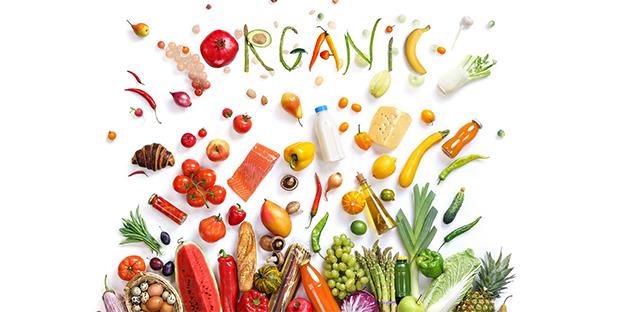 |
Soil Composition and BiodiversityThe soil that we have around us is a vital part of our lives. It is the home for many plants and animals. It also has a texture, a color, and many.. |
 |
Organic Farming PrinciplesOrganic farming is a practice that is designed to be sustainable and healthy. Its principles include avoiding harms produced by industrial farming.. |
 |
When Did Organic Food Start?The answer to the question when did organic food start? will vary depending on the time period in which you are looking at. For instance, it may be a |
 |
Can Organic Be GMO?The question Can organic be GMO is an ongoing debate among many consumers. While it's possible to eat foods that have been produced using genetic.. |
 |
Chhattisgarh's Organic Farming SchoolsThe government of Chhattisgarh has started to introduce organic farming schools. This initiative is intended to provide the young generation with the |
 |
What is a Conventional Farm?Conventional farm is the term used to describe a farm that is not organic. It is a form of agriculture that is associated with better soil quality,.. |
 |
The Rodale InstituteThe Rodale Institute is a nonprofit organization that aims to support research into organic farming. It was founded in 1947 by J. I. Rodale, an.. |
 |
The Latest Research on Organic | The Organic CenterResearched articles about eating Organic food |
 |
Korean GardeningKorean gardening is one of the oldest ways to grow plants. It involves planting herbs, fruits, and vegetables that are used in kimchi, a type of.. |
.png)





